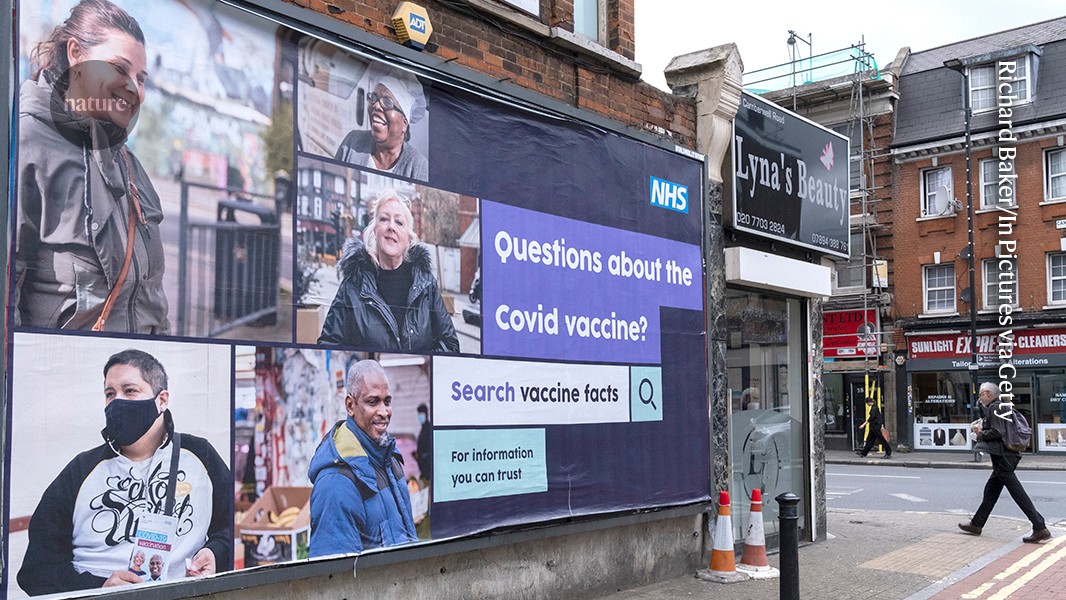In today’s polarized political climate, researchers who combat mistruths have come under attack and been labelled as unelected arbiters of truth. But the fight against misinformation is valid, warranted and urgently required.
Around four billion people have the opportunity to cast their votes in a series of major elections this year. However, the threat to democratic integrity posed by misinformation and disinformation looms large. An effective democracy relies on evidence-based discourse and informed citizens. Concern about the expected blizzard of election-related misinformation is warranted, given the capacity of false information to boost polarization and undermine trust in electoral processes1–3.
Specifically, there is widespread worry about malign influence on voters, be it through conventional propaganda (including warmongering and xenophobic disinformation), unsubstantiated claims about candidates or AI-generated deepfakes (digitally altered visual media). Anti-democratic agents might also attack the electoral process directly, as was, for instance, seen in Spain in July last year, when malicious foreign actors set up an imitation of the Regional Government of Madrid’s website just before an election to falsely claim that terrorists planned to attack polling stations.



What’s their way of knowing truth? I have a suspicion their definition of misinformation is just what they don’t want people to believe.